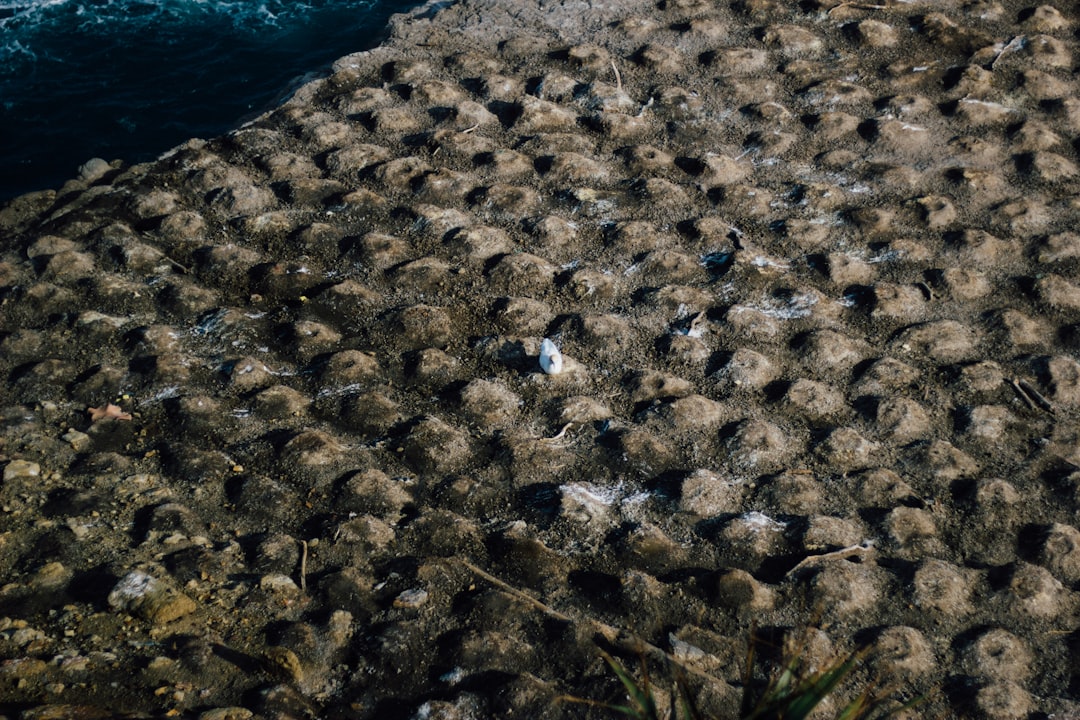Our ability to look forward and backward in time is fundamental to how we cooperate with other people.
I give you my extra bananas because I know things about the past and the future:
Together we are stronger.
The banana tree has many flowers, which will turn into more bananas.
You will repay the favor later.
A crocodile attacks us at the beach and one of the men pushes a kid over to get away. We tell our friends and family what happened. People take precautions at the beach. If the guy apologizes, we understand what he is saying about a past mistake and his commitment to not do that in the future.
When ants, birds, spiders, etc. build a structure, is there a recognition of the past and future that informs the design process? Can a bird tell another bird, “this spot in the tree canopy was windy last Spring.”?
Predators follow scent trails, sometimes over hours or days. Do they have a story of the prey in their head? A pack of wolves beds down near a herd, waiting until morning to trigger the ambush.
Squirrels bury food for winter. They seem to be planning ahead on a seasonal scale. But it doesn’t lead to cooperation. They aren’t talking to their family about where they buried their nuts. If they think another squirrel is watching, they pretend to bury food to fool the onlooker.
Mice were put in a maze and challenged to find food. When they fell asleep later, their brains replayed the same neuron activation sequences that fired when they were actually going through the maze. Were they dreaming about the puzzle solution?
When dogs “run” and whimper while sleeping, we imagine that in their dreams they’re chasing a rabbit or playing in a field. It seems plausible that episodic replay in dreams would correlate with mental time travel while awake.
Social insects like ants and bees build community shelters, trails, food storage, and nurseries for the next generation. They coordinate through pheromones and body language. Their organization seems to emerge from rigid, specialized behavior patterns. Collectively they are brilliant, but individually not so much. An ability to form expectations about the future or draw lessons from the past doesn’t seem necessary to explain what they do.
Ground-nesting birds will settle an area as a group.

But there are no shared structural projects, like latrines. Each bird might perceive something like, “My neighbor’s nest is uphill from mine so poop is going to flow towards me unless I raise the side of my nest.”, which looks like coordination if you squint, but it doesn’t look like evidence for an ability to communicate about the past and future.
Several species, including wasps, are able to recognize individual faces. Two primate species, macaques and capuchins, recognize who owes them a favor. Macaques trade grooming for sex. Capuchin monkeys were taught to trade grapes for money, and understood that the money could be traded for more grapes in the future. Once they learned the exchange rate of money for grapes, they threw a tantrum when the researchers didn’t give them the number of grapes they expected. Getting pissed off when someone reneges on a deal is a good example of how mental time travel is our super power.
